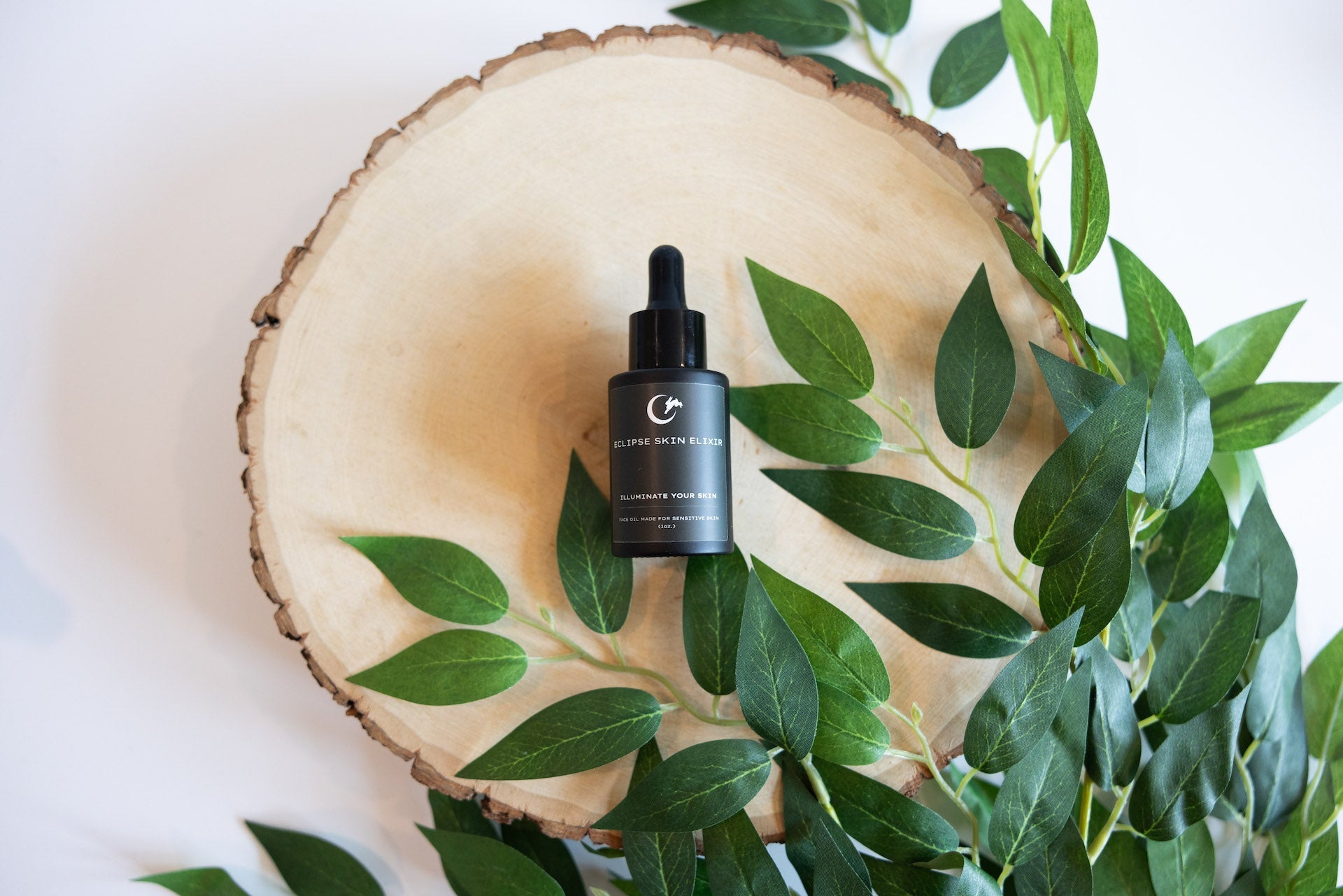
Fragrance in Skincare: The Hidden Irritant Your Skin Doesn’t Need
Have you ever noticed your skin reacting after using a scented skincare product? You're not alone! Many people with sensitive skin, including myself, have experienced irritation from fragrance in cosmetics. That’s why at Moonbunny Beauty, we keep our formulas fragrance-free—because healthy skin comes first.
While fragrance can enhance the sensory experience of skincare, we choose not to include it in our products. We formulate specifically for sensitive skin, and fragrance doesn’t align with our intentional approach to gentle, effective skincare. This also means we do not use essential oils, as they can contribute to skin sensitization.
The Issue with Fragrance in Skincare
Especially with leave-on products, fragrance can trigger adverse reactions, leading to what is known as fragrance contact allergy. Those with sensitive skin are at an increased risk of developing this type of irritation.
When you see "fragrance" listed on an ingredient label, it’s often a vague, catch-all term. Companies are not required to disclose the specific ingredients within their fragrance blends, as they are considered proprietary. This means "fragrance" could actually be a combination of multiple undisclosed ingredients.
You may also see "parfum" on labels, which is simply the French word for perfume. It is used interchangeably with "fragrance" in ingredient lists.
The Problem with Essential Oils in Skincare
Essential oils, though natural, are highly complex and can contain up to 500 different components within a single oil. Some of these components, such as linalool (commonly found in lavender oil) and limonene, are known sensitizers. This means they can cause irritation or even allergic contact dermatitis, especially for those with sensitive skin.
Here are some common allergens and sensitizers naturally found in essential oils that you may see listed on product labels:
- Benzyl alcohol
- Benzyl salicylate
- Cinnamyl alcohol
- Cinnamal
- Citral
- Coumarin
- Eugenol
- Geraniol
- Isoeugenol
- Anisyl alcohol
- Benzyl benzoate
- Benzyl cinnamate
- Citronellol
- Farnesol
- Limonene
- Linalool
While irritation and allergies vary from person to person, an irritation will typically subside once you stop using the product, whereas an allergic reaction can persist for much longer.
Patch Testing: A Must for Sensitive Skin
Because of these potential concerns, it’s always recommended to do a patch test when trying a new skincare product. This simple step can help you identify potential sensitivities before applying a product to your entire face.
At Moonbunny Beauty, we are committed to creating skincare that supports and nurtures sensitive skin—without the risk of unnecessary irritation. Our fragrance-free approach ensures that your skin gets only what it needs to thrive.
Want to learn more about how to care for sensitive skin? Follow us on Instagram for more skincare tips!
References:
Fragrance Contact Allergy Study
FDA Guidelines on Fragrance in Cosmetics
Essential Oil Sensitization Research
Tisserand Institute on Irritation & Allergic Reactions


Leave a comment
This site is protected by hCaptcha and the hCaptcha Privacy Policy and Terms of Service apply.